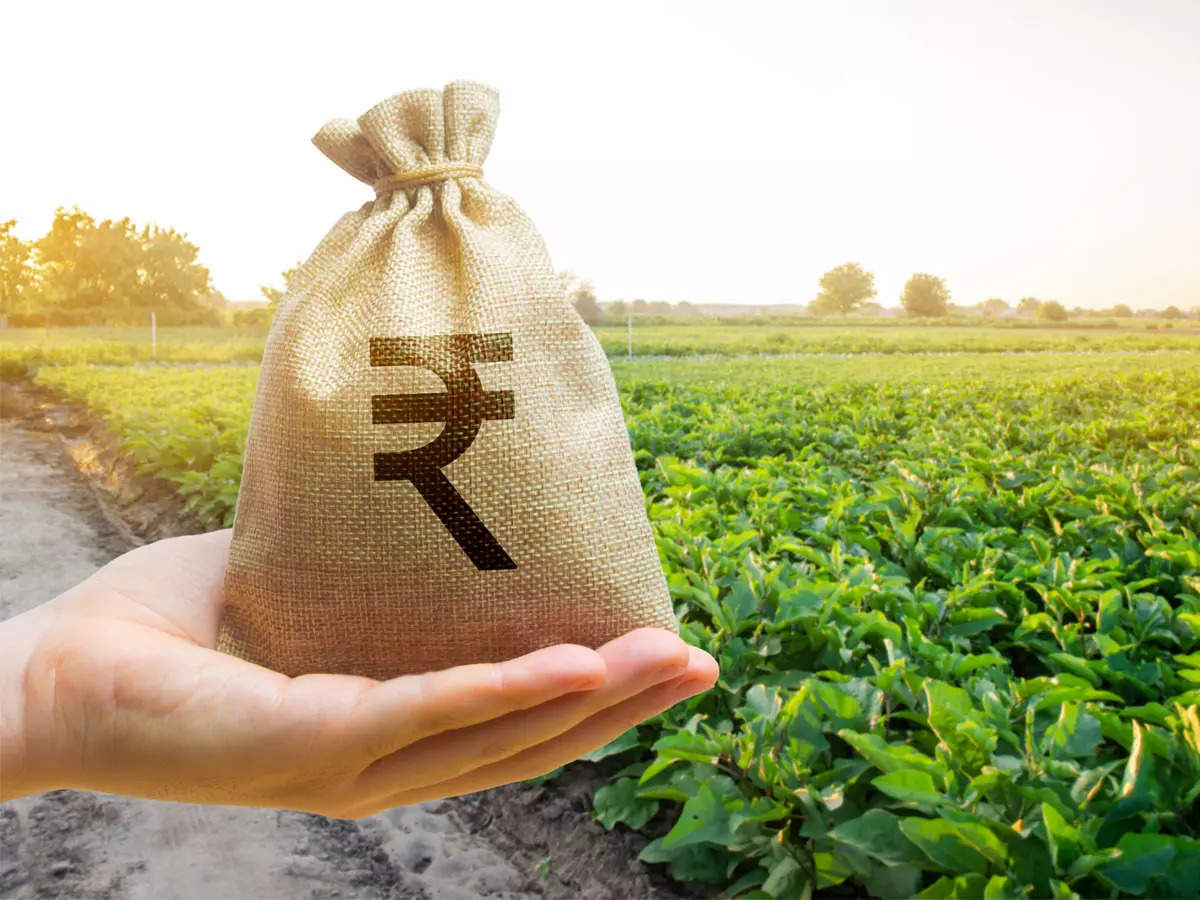In India, where agriculture is the backbone of the economy, farmers often struggle with traditional farming practices that lead to suboptimal crop yields and environmental degradation. This necessitates a paradigm shift towards precision agriculture. Our Agricultural Decision Support System (ADSS) leverages advanced machine learning algorithms to address these challenges. By analyzing soil content and weather parameters, including temperature, humidity, pH, and rainfall, our system provides personalized recommendations for crop selection and fertilizer usage. Through the adoption of our system, farmers can diversify crops, enhance yield, thereby ensuring the long-term sustainability of agricultural practices. Hence, by utilizing our system farmers can cultivate a new variety of crop, may increase in profit margin, and can avoid soil pollution.
Existing Challenges in Traditional Agriculture
Traditional agricultural practices in India are hindered by several shortcomings, impeding the productivity and sustainability of farming operations. One significant drawback is the prevalent reliance on age-old techniques, neglecting the integration of modern technological advancements. Consequently, farmers encounter the following challenges:
- High Operational Costs: Traditional farming methods entail substantial expenses associated with labor, equipment, and agricultural inputs like seeds and fertilizers. These costs often prove prohibitive for small-scale farmers, constraining their ability to embrace new technologies or invest in quality agricultural resources.
- Limited Access to Knowledge: Many farmers lack timely and accurate information concerning soil health, weather patterns, crop diseases, and effective pest management strategies. Without access to such critical insights, farmers struggle to make informed decisions regarding crop selection, planting schedules, and optimal agronomic practices.
- Environmental Degradation: Traditional farming methods often contribute to environmental degradation, including soil erosion, depletion of natural resources, and water pollution due to excessive utilization of chemical fertilizers and pesticides. These unsustainable practices not only jeopardize the long-term health of agricultural land but also pose significant risks to human health and biodiversity.







